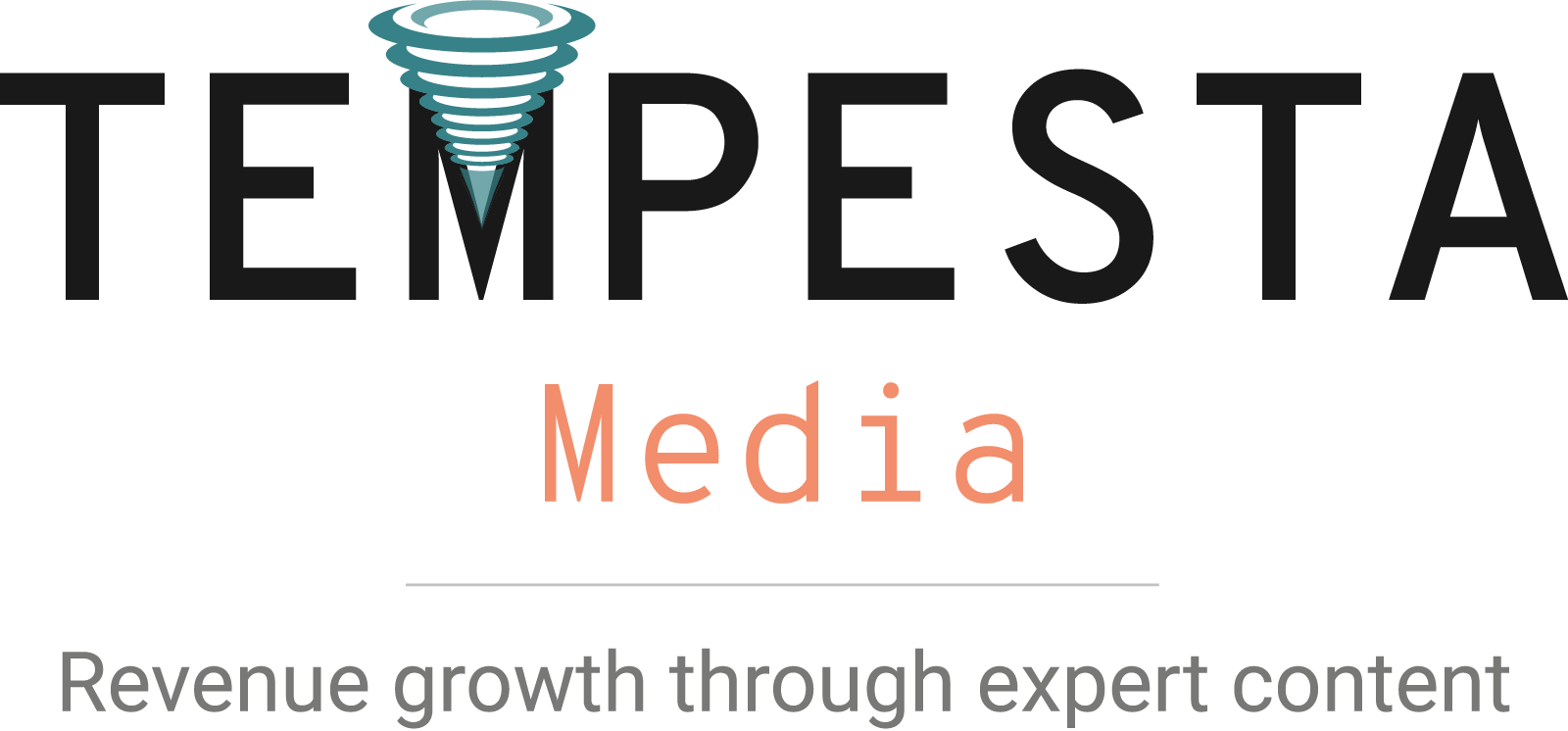To get found online, local businesses need to adapt to changing search trends.
Major changes to the Google algorithm are happening more often than ever. In 2023, no fewer than four core updates shook up rankings and another two major updates took place in 2024.
For local businesses, maintaining online visibility is all about adapting to the latest search trends and making local SEO a priority.
AI-Powered Search is Here
ChatGPT recently rolled out a search experience that combines the interactive experience of a chatbot with real-time web results. While this feature is still in its early phase, it paves the way for a future where AI agents could replace traditional search engines.
Using a tool like ChatGPT to search the web allows users to provide more context for the information they need and issue search queries in a more natural and conversational manner.
ChatGPT’s new feature is only the beginning. Experts believe that AI-powered results will affect 84% of Google searches.
In the near future, AI chatbots could be a common channel for exploring local businesses and getting curated recommendations for nearby products and services. For businesses, local SEO will need to include Generative Engine Optimization (GEO), a process that boosts your visibility in AI-generated results.
Early research suggests the following factors could enhance visibility in AI results and recommendations:
- Optimizing your content for featured snippets can help.
- Unique, meaningful and authoritative content is more important than ever.
- Backlinks and brand mentions are crucial.
New Search Experiences: Mobile and Voice-Powered Search
The share of website traffic coming from mobile devices now exceeds 63%. For these users, the goal is to find information on the go via websites that are easy to use and navigate.
Another emerging trend is the rise of voice search. The number of users relying on voice assistants could exceed 157 million by 2026, making optimizing for voice search a priority for your local marketing strategy.
You’ll be more likely to rank in mobile results if:
- Your site loads quickly.
- Your content is highly readable.
- You make sure Google can render CSS and JavaScript content correctly.
- You include local information.
- You offer experiences tailored to the unique needs of mobile users.
There is a lot of overlap with optimizing for voice search since these searches happen primarily on mobile. You can go further by:
- Writing in a conversational manner.
- Structuring your information and data for easy retrieval by a voice-powered AI agent.
- Developing Q&A content.
Search is Getting Social
Search channels are getting increasingly fragmented, and Google could lose its status as a search giant in the near future. Gen Z users are 25% less likely to turn to Google for their searches compared to Gen X users!
Gen Z users and Millennials are increasingly using social media to discover products and services. YouTube is another popular search channel among younger users.
What does this mean for your local SEO efforts?
- You should develop a presence on social channels if you’re not already active on these sites.
- Your content marketing strategy needs to branch out and include multiformat content.
- Posting frequently on social and interacting with your community of customers is important.
Local SEO techniques also apply to your social presence:
- Write descriptive profiles with local keywords.
- Optimize your posts with keywords and hashtags.
- Build social proof by connecting with other local organizations.
Why Content Matters More Than Ever
Google is updating its algorithm more frequently for a reason. The search engine is working on delivering better search experiences with content that is more relevant and more valuable.
To achieve this, Google is focusing on human-first content. Human-first content refers to blog posts, original research, infographics, videos, Q&A pages, social posts and other pieces of content created to be genuinely helpful for human users rather than to get Google bots to rank them in search results.
This doesn’t mean that traditional SEO techniques are going away, but it means that expertise, trustworthiness, content quality and the value of the information you share matter more than ever.
The good news is that small businesses have a strong advantage. You’re in a unique position to tell powerful stories, share your expertise and create content that resonates with an audience you know well. This checks all the boxes Google is looking for when assessing human-first content. Plus, this kind of genuine connection is what drives trust and consistently turns visitors into leads.
In the context of local marketing, your human-first content should also be optimized for local searches with mentions of your town, zip code or nearby landmarks. Writing about local events and generally making your content highly relevant to your local audience will help you rank well.
Better Local Marketing With Tempesta Media Rank
Search is changing fast, and local businesses need to adapt by embracing human-first content optimized for local searches.
You don’t have to navigate these changes alone. The team at Tempesta Media has leveraged 13 years of marketing expertise to develop Tempesta Media Rank, a local lead generation solution designed with small businesses like yours in mind.
Tempesta Media Rank combines local SEO with link building and human-first local content to develop a strong digital presence. This directly supports your business goals in the form of high-quality leads that come to you.
Learn more about Rank for the trades industry or the personal injury space!













